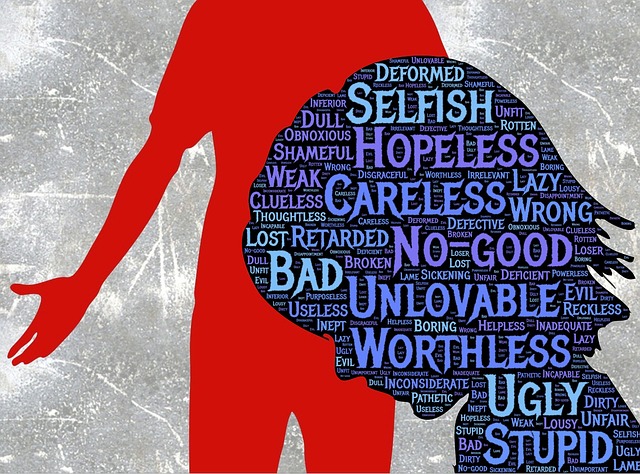It may come as a surprise to many to learn that there could be a connection between the consumption of pork and the incidence of breast cancer. The pork industry has spent millions of dollars to convince us that the other white meat is a healthy option, but there is ever-mounting evidence that it’s not, especially as it relates to breast cancer risk.
If you have ever searched the Internet for “pork and breast cancer,” that might not seem evident. You’ll find so-called “healthy” pork recipes on breast cancer support websites, organizations selling pork chops to raise money for breast cancer research, and reviews of red meat consumption (including pork) and cancer studies calling the outcomes inconclusive on the sites of behemoth breast cancer organizations and meat industries. While these studies are mostly observational and only imply associations, their findings should raise red flags.
Why so down on pork?
The use of occasional clean meat can be beneficial on a Breast Cancer Healing Diet. However, that diet excludes pork. Here’s why:
- Pork tests positive for antibiotic resistant bacteria and traces of veterinary drugs. 80% of all antibiotics sold in the U.S. are given to farm animals raised for food. Do you want that in your body?
- Food preservatives such as nitrate and nitrite abound in processed meat, including ham, bacon and hot dogs. That includes any meat that has been preserved by smoking, curing, salting or adding
 preservatives.
preservatives. - Recent claims allege that the new USDA pork inspection program isn’t sufficiently able to evaluate pork products.
- Pigs eat dirty food, including dead carcasses and feces.
- Over 100 viruses come to the US through pork imported from China.
- Pork meat is toxic and saturated with toxins. Pigs have such a short digestion time that their bodies are unable to reduce the toxic burden. Plus, they do not have sweat glands to release toxins through the skin.
- Pigs are loaded with parasites like trichinella and tapeworms.
- Pork is high in saturated fat, which has been linked to a higher risk of breast cancer.
- Cooking meat at a high temperature creates a carcinogen with estrogenic effects. (When you bring home the bacon, you fry it up in a pan, right?) Cancer-causing hetero-cyclic-amines (HCAs) are found in pork dishes, such as pork chops and other pan-fried pork, Chinese-style and Western-style roast pork, pork ribs and barbecued pork and in the pork drippings used to make gravy. Two of the HCAs found in pork have been shown to have potent estrogenic activity, inducing activation of estrogen-regulated genes, proliferation of estrogen-dependent cells and up-regulation of progesterone receptor.
When you apply Essential #1, Let food Be Your Medicine, to your healing, you are using food as powerful medicine that supports prevention and healing of breast cancer. When it comes to pork, don’t take chances with your health by eating such an unclean meat.
Thoughts? Questions? Be sure to leave a comment below!













